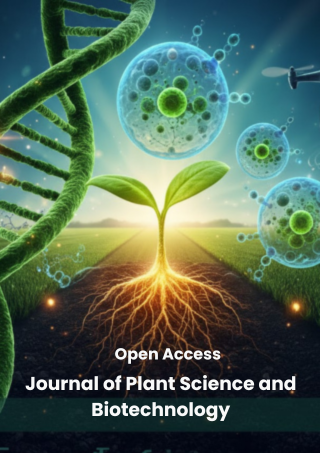Plant Pathology
Plant pathology is the scientific study of plant diseases, their causes, mechanisms, and management strategies. It focuses on pathogens such as fungi, bacteria, viruses, nematodes, and phytoplasmas, which threaten global food production and ecosystem stability. Understanding how these pathogens invade host tissues, overcome plant defenses, and spread across fields is crucial to safeguarding agricultural sustainability. Modern plant pathology combines classical approaches with molecular and genomic tools to unravel the complex interactions between plants and pathogens. Research explores host–pathogen recognition, signaling cascades, effector proteins, and genetic resistance mechanisms that determine disease outcomes. Climate change, evolving pathogen populations, and intensive farming practices have further highlighted the need for innovative and sustainable disease management strategies. Plant pathology also emphasizes the development of resistant crop varieties, integrated pest and disease management systems, and the use of biocontrol agents as alternatives to chemical pesticides. By advancing early detection technologies, disease forecasting models, and eco-friendly treatments, plant pathology plays a vital role in ensuring food security and reducing crop losses worldwide.
Article Processing Timeline
| 2-5 Days | Initial Quality & Plagiarism Check |
| 15 Days |
Peer Review Feedback |
| 85% | Acceptance Rate (after peer review) |
| 30-45 Days | Total article processing time |
Journal Flyer


